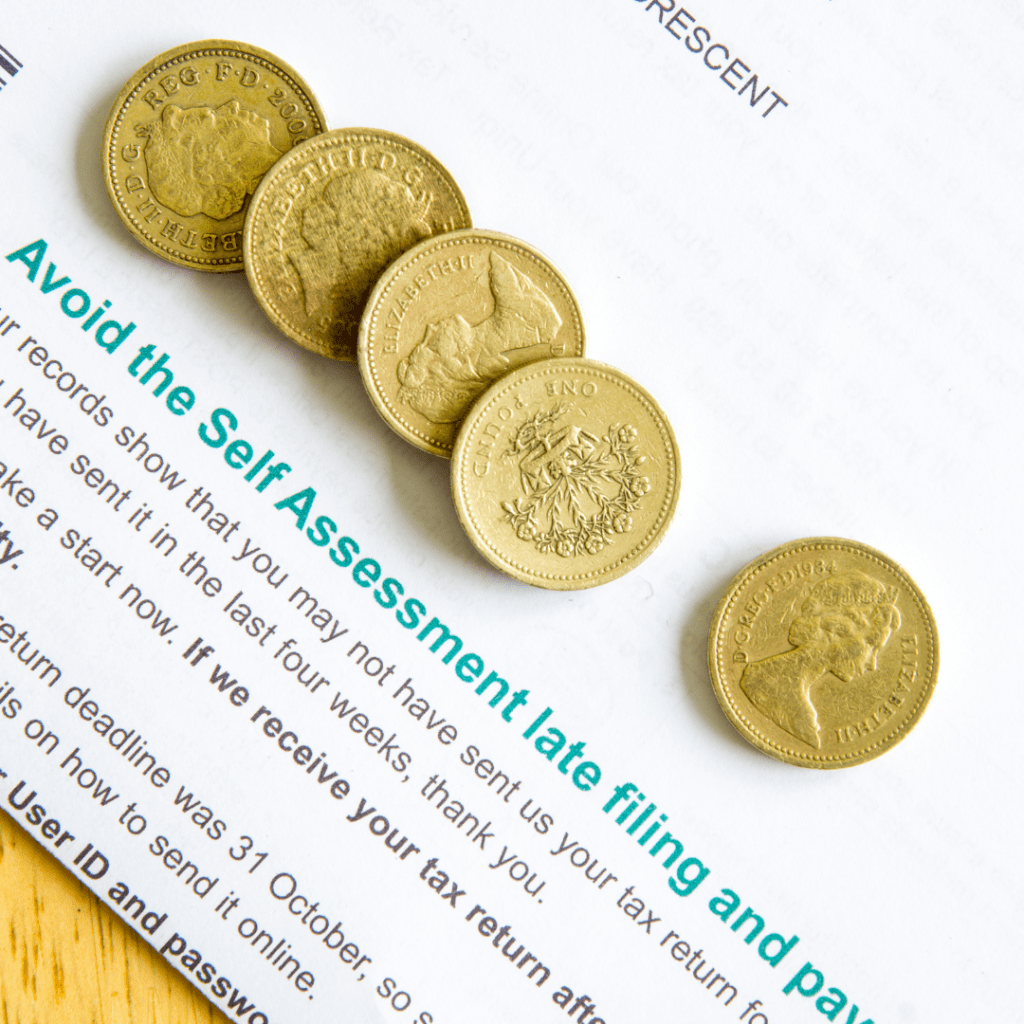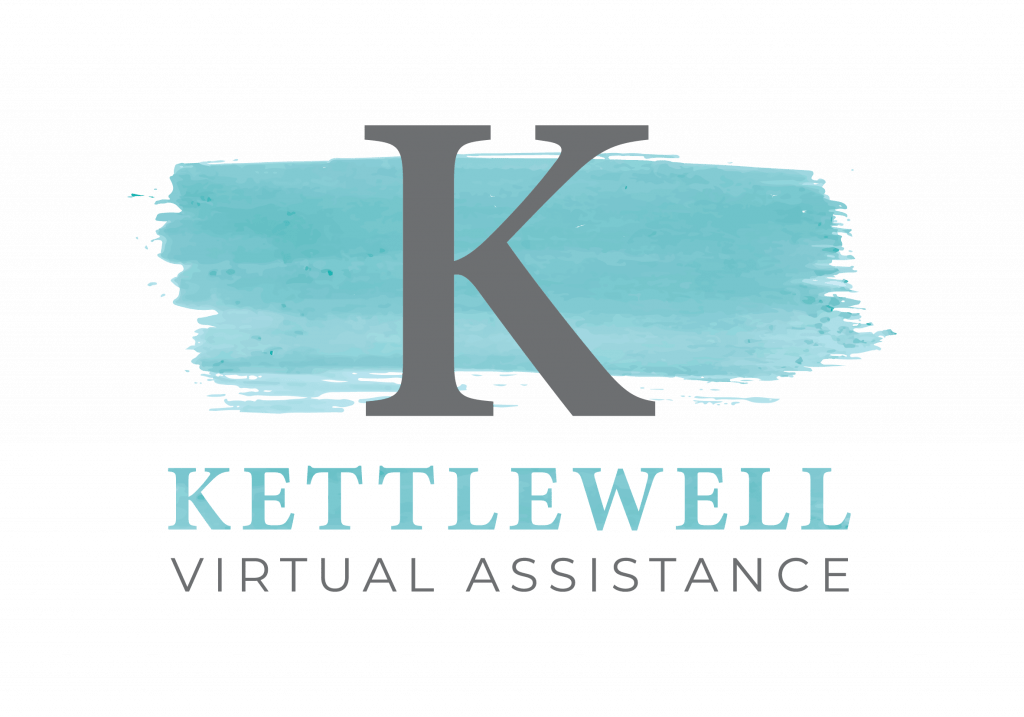The world of bookkeeping may not be everybody’s idea of fun, but let’s face it, it’s a crucial part of keeping a business running smoothly. In this blog, Know Your Numbers: A Tradesperson’s Guide to Bookkeeping, there’s no jargon, no fancy suits, just practical tips for folk who work with their hands. So, whether you’re knee-deep in concrete or battling a leaking pipe, stick around as we break down the art of bookkeeping for tradespeople.
The Importance of Knowing Your Numbers
Running a trade business is a bit like a finely tuned engine – every part needs to work together seamlessly. Do you know what keeps that engine going? Knowing your numbers! Whether you’re doing a rewire or sending out invoices, understanding your finances is key to keeping things running smoothly whilst making that all-important profit.
Why Bother with Bookkeeping?
Bookkeeping isn’t just for the number nerds or to keep the taxman happy. It’s about understanding the health of your business. Just like knowing your way around your toolbox, you need to know what the numbers mean to keep things ticking over and avoid breakdowns! In this blog ‘Know Your Numbers: A Tradesperson’s Guide to Bookkeeping’ we’ll look at the importance of good bookkeeping and why your business won’t survive long term without it.

Bookkeeping Basics
1. Invoicing Made Simple
First things first – invoices. They are your best friend! Whether you’re a sole trader or a limited company, every business needs to be on top of these to keep cash flow on track. It’s no good sending an invoice weeks or months after you’ve done the work. In this day and age, with cloud accounting software, there’s no reason you can’t send an invoice before you even leave the client’s property. Get set up for card payments and you can be paid before you leave. Say goodbye to outstanding invoices forever!
Be clear, be concise. Your client should know what they’re paying for without scratching their heads. The clearer you are on an invoice, the quicker you’ll get paid.
Invoicing is the backbone of your business. It’s not just about sending bills and waiting for payment. You need to make sure you’re getting paid what you’re worth.
Remember the time you spent that extra hour fixing some dodgy wiring or the unexpected trip to Screwfix because your usual supplier was closed? Those things matter, and they’re not free.
So, when you’re jotting down those invoice details, remember the golden rule – clarity. Make it simple so your client can understand it without needing a translator. Break down the costs, remind them of your contact details and, the big one that I see so many people forget, make sure your bank details are on the invoice! It might sound ridiculous but I’ve lost count of the amount of invoices I’ve seen with no payment information. It’s one of the biggest reasons for delayed payment. Keep it straightforward and no-nonsense, just like any good tradesperson would be.
2. Profits without the Headache
Now, profits. It’s so important to know if you’re making enough dough. Know that you can afford that new tool purchase, or extra team member. Keep an eye on those margins – if it’s too tight, you might need to adjust your rates. Simple as that.
Profit is what puts fish and chips on your table and the roof over your head. Knowing your numbers means understanding your profit margins. Imagine your profits are like a good cuppa – too weak, and it’s not going to keep you going; too strong, and it might not go down well. Your profits need to be just right.
Look at your fixed costs regularly and make sure you’re charging yourself out at the right rate. Identify what’s working, what’s not, and where you can tweak things for that perfect number. It’s about finding the balance between your hard work and the rewards that come with it. Your accountant or bookkeeper will be able to go over this with you.
I speak to so many tradespeople who aren’t charging what they’re worth or, even more scarily, not even covering their costs. This isn’t sustainable. Don’t worry about what others are charging. It’s difficult when you feel the need to compete against others but if you’re doing the best job, look after your teams, and provide a great customer service experience to your clients, the work will come.
3. Tools, Trades, and Tallying
Every tradesperson has trusted tools for their trade. Just think of bookkeeping as an extension of these tools. Without it, the business won’t run. Tally up your expenses to your bank statement, keep your receipts and track every penny. It might sound like a bore, but it’s the secret to financial success. If it’s really not your thing, outsource it. I can almost guarantee that a good bookkeeper will save you money. They’re experienced and will spot things that you might not.

Client Case Study
A tale from the Dales! Small business owner Steve, a plumber from Skipton, can tell you all there is to know about the pipework in your home but he was baffled by his bookkeeping. He’d got in a bit of a pickle, had a huge bag of receipts, and cash flow was all over the place so he was struggling to work out what he had available at a given time. He’d even dug into his own pocket a couple of times to pay the lads.
Once he embraced the art of “Know Your Numbers,” things changed. It didn’t happen overnight but he turned it around. With a little help, he got his bookkeeping up to date and he could see how his business was doing. Even though he thought his rates were bob on, he was undercharging for most jobs he and his team did, and there wasn’t enough markup on his materials. The business was heading into a black hole.
Steve now knows what figures he needs to monitor to make sure every job makes a profit. He tracks expenses and sends invoices out on the same day. His business didn’t just survive, it’s thriving!
Take Control of Your Bookkeeping: How Kettlewell Virtual Assistance Can Help
So, there you have it, a quick guide to bookkeeping to help you stay on track. Know Your Numbers: A Tradesperson’s Guide to Bookkeeping isn’t just about sums and spreadsheets, it’s about keeping your business alive and taking control of its future. Staying in control of your finances will allow you that freedom that all of us business owners crave. How nice would it be to go on holiday when you like, treat the family to something nice without worrying about spending money, allow yourself a day off and not be a slave to your business? You work all the hours God sends and more but you’re still bogged down with jobs, and paperwork? If this sounds like you, I am here to help.
As a trades business owner, I know how tough it can be and it can take its toll on you and your family. Don’t keep struggling along thinking things will get better because they probably won’t. There’s a saying that a wise man once told me,
“Keep doing what you’ve always done, and you’ll get what you’ve always got.”
Author unknown
Outsourcing to a bookkeeper might seem like an expense you can do without but you’ll probably find it pays for itself. It’s simple to work with me. Book a call here, we’ll have a quick chat about what you need help with and what stage you’re at. I will provide a quote for the work and we can get started. It’s that simple. I’m here to help and look forward to getting to know you and your business. If you’d like to know more about me, you can do that here.

